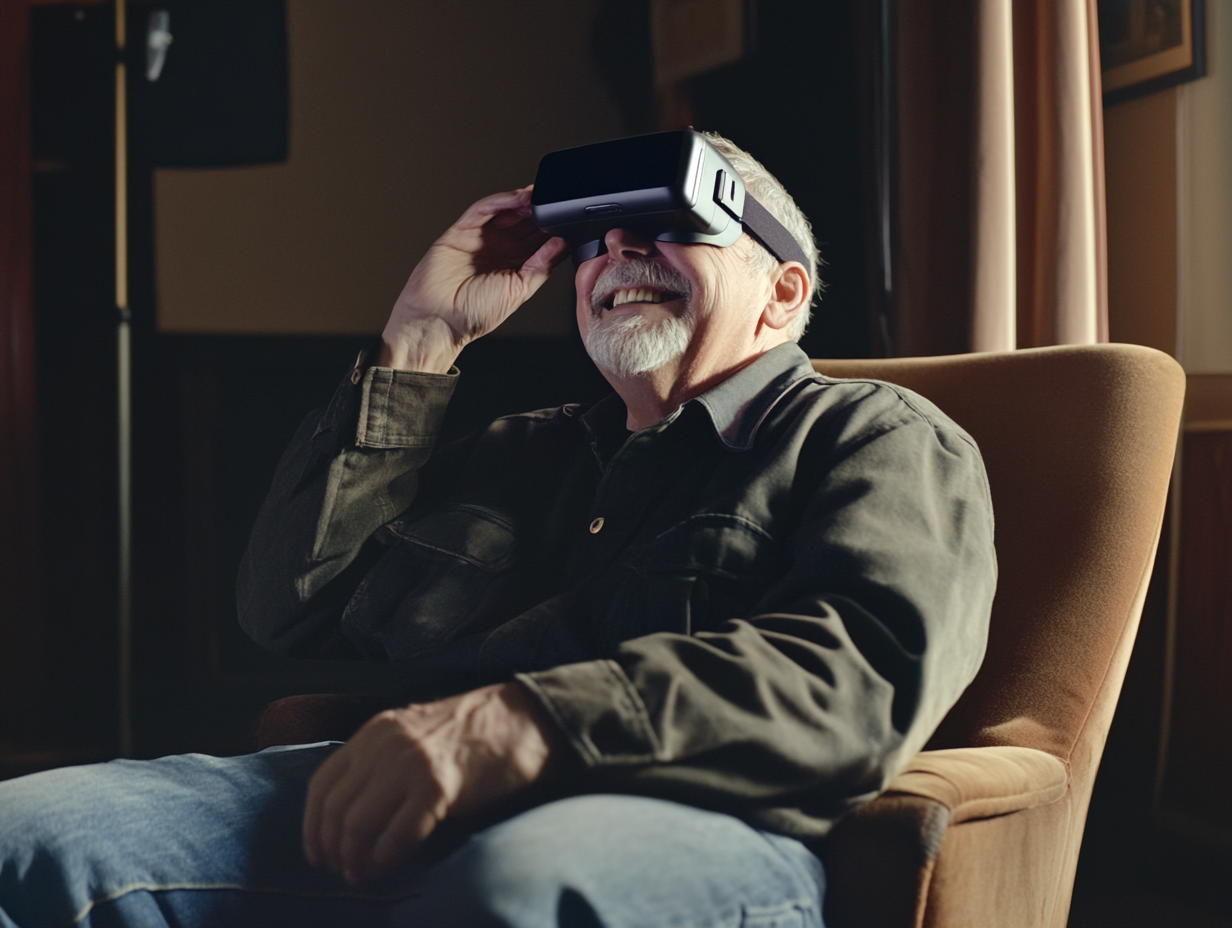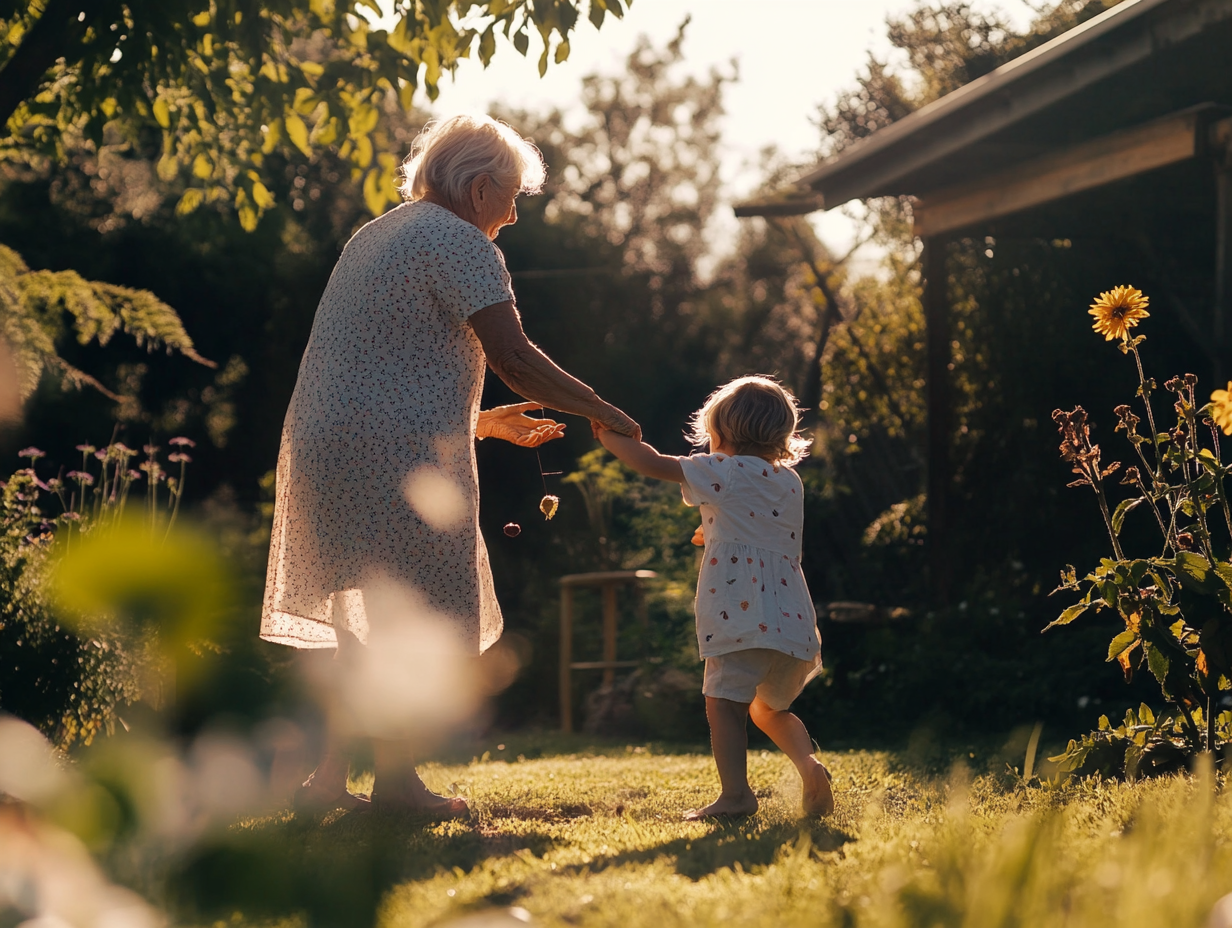Latest in: Dementia Education
Recognizing the early signs of dementia can be difficult, especially when symptoms are subtle or brushed off as “normal aging.” But spotting these changes early - and acting on them - can make a …
4 min read
Chronic Traumatic Encephalopathy (CTE) is a progressive, degenerative brain condition caused by repeated head trauma. Once primarily associated with professional athletes, especially football players and boxers, CTE is now recognized as a broader public …
3 min read
Lewy Body Dementia (LBD) is a complex and progressive brain disorder that affects thinking, movement, behavior, and mood. It’s one of the most common types of dementia after Alzheimer’s disease but remains widely misunderstood. …
4 min read
Co-design, or participatory design, involves end-users directly in the creation process of products and services. For seniors, this means collaborating with designers and developers to ensure that technologies align with their preferences, abilities, and …
3 min read
Explaining dementia to a child can be one of the most emotional and complex conversations a family has. Children often notice changes in a grandparent long before adults acknowledge them aloud - forgetting names, …
3 min read
We often hear that sleep is important for our physical and mental health - but what if it also plays a key role in protecting our brain from dementia? Mounting research suggests that how …
3 min read
When a loved one is diagnosed with Alzheimer’s disease, one of the first questions many families ask is: “Is it genetic?” It's a natural concern - especially when multiple generations have been affected. But …
3 min read
Receiving a diagnosis of dementia is life-changing - for the person living with the condition and for their loved ones. It often brings a mix of emotions: confusion, fear, grief, and, for many, a …
3 min read










